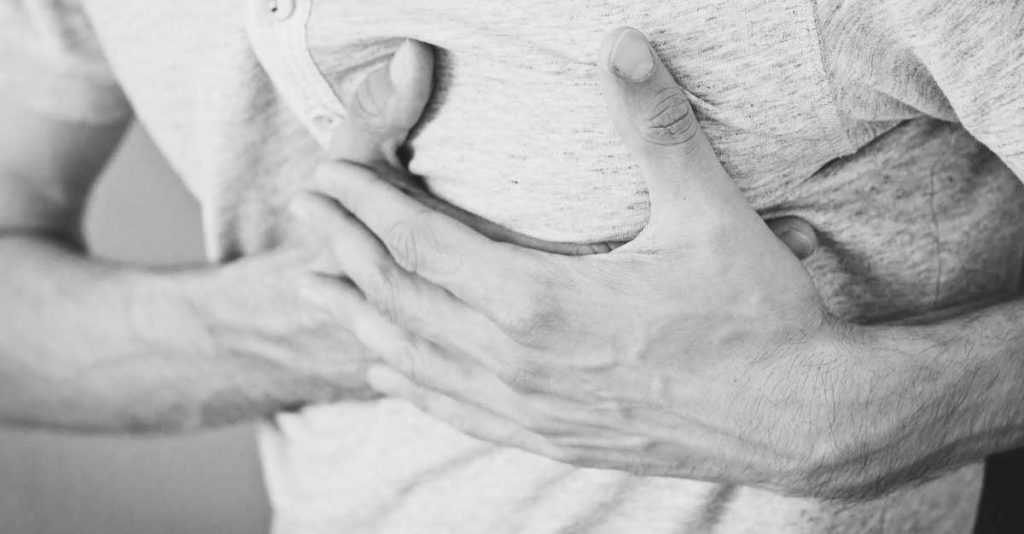Pulmonary Embolism is the presence of clot in the lungs and it can be life-threatening if not diagnosed or treated in time. In this article, we will provide you complete information regarding it so that you can take preventive measures in time to save yourself from regretting later.
Overview
Pulmonary Embolism is a condition in which clot appears in one of the arteries in your lungs. It usually occurs when blood clots travel to the lungs from the legs. It is essential to take all the necessary measures to prevent the emergence of clots in the legs to reduce the chance of getting pulmonary embolism.
Pulmonary Embolism Signs and Symptoms:
Shortness of Breath
One of the obvious signs is a problem in breathing especially during exertion. A person feels hard to breathe even if he/she has just climbed a few stairs.
Pain in chest
Pain in the chest that exceeds during exertion but doesn’t get away when you rest is an alarming sign of it. The person feels like he/she is about to have a heart attack. It gets worse when a person coughs, eat, inhale deeply or even bed down. If you’re suffering from any chest disease then you can find and consult with the best Pulmonologists in Lahore through Marham.pk.
Appearance of Blood
Presence of blood streaks when a person coughs is an alarming situation.
Swollen legs
Pain in legs accompanied by swelling can also be a sign of the presence of clot in the lungs.
Some of the other major signs and symptoms include Fever, Palpitation, Excessive sweating, Dizziness, and discolored skin. It is so important to take necessary preventive measures to save yourself from this life-threatening disease.


Following are some of the preventive measures that need to be taken:
Prevention
Blood Thinners
Mostly to prevent this from happening, most hospitals take measures to prevent the emergence of blood clots in the deep veins of the legs. For this blood thinning, medication is often recommended.
Compress Stockings
It’s an inexpensive method which slowly squeezes legs making blood move more effectively through veins of your legs. It’s often recommended after general surgery is being done.
Elevate Legs
Don’t sit with your legs hanging for a long period. Elevate them by either keeping a pillow under them especially at night.
Physically Active
Try to stay physically active as it can keep your blood circulation well and will reduce the chance of clotting in the legs. Even after a surgery doctors might recommend you to move as much as possible to recover soon.


Other Simple Tips For Its Prevention Include:
- Drink as much fluid as you can to get rid of clots
- Take breaks while doing a desk job. In a break do a deep knee bends to stretch your muscles.
- Flex your ankles every now and then
Pulmonary Embolism is life threatening if not diagnosed or treated in time. Above mentioned signs can help you to know your symptoms earlier and when the condition has diagnosed the chances of it to hurt you drops dramatically.





